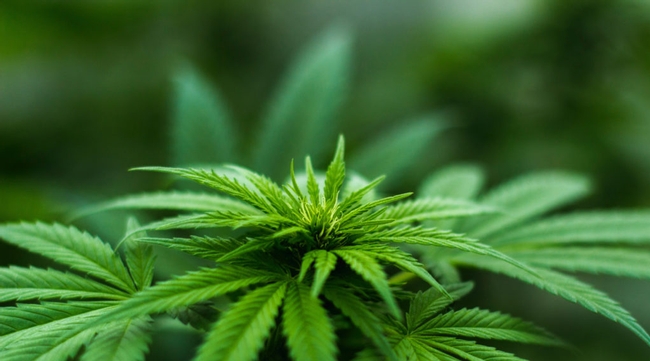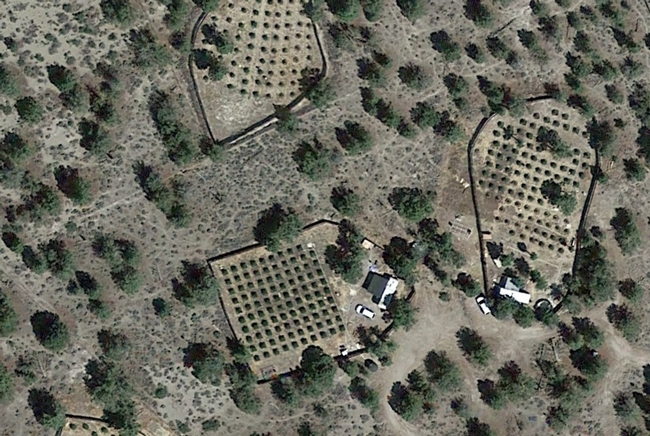Cannabis growers asked to comment on permit process
California has legalized marijuana, but commercial cannabis growers have been slow to obtain the required state and local permits. To find out what deters them from complying with new laws, University of California scientists are asking cannabis growers to participate in a survey about their experiences with the regulated market.
“The majority of cannabis farmers are not joining the legal market and we want to know why,” said Van Butsic, UC Cooperative Extension specialist in the Department of Environmental Science, Policy & Management at UC Berkeley. “The objective is to identify barriers to joining the legal market.”
The researchers plan to share the results with policymakers as well as with the cannabis farming community and other researchers.
“Cannabis growers will have an opportunity to tell us what's wrong with the regulatory system so we can advise policymakers on changes they could make to improve compliance,” Butsic said.
Butsic estimates that less than one-third of cannabis growers in Humboldt County have completed the permit process. He says it's difficult to estimate statewide how many cannabis growers are operating illegally because laws vary from county to county and in many parts of the state, local governments don't allow cannabis growing.
One impact from cannabis growers not joining the regulated market is the state receives lower revenues from cultivation taxes.
Beginning on Jan. 1, 2018, two taxes went into effect: a cultivation tax on harvested cannabis that enters the commercial market and a 15% excise tax on purchases of cannabis and cannabis products.
Prop. 64, approved by voters in 2016, stated: “The revenues will provide funds to invest in public health programs that educate youth to prevent and treat serious substance abuse, train local law enforcement to enforce the new law with a focus on DUI enforcement, invest in communities to reduce the illicit market and create job opportunities, and provide for environmental cleanup and restoration of public lands damaged by illegal marijuana cultivation.”
Legalization was projected to create $1 billion annually in new state revenue, but initial tax revenue has been significantly lower. In the Governor's May 1 budget revision, cannabis cultivation and cannabis retail salesrevenues were projected at $288 million in 2018-19 and $359 million in 2019-20.
Compliance is important not only for tax revenue, but also for the environment, Butsic said. Research has shown that illegal cannabis production causes environmental damage, including rodenticide poisoning of forest wildlife.
“We know there are environmental impacts from non-permitted farms,” Butsic said. “The more growers are able to comply, the better off our environment will be.”
The survey can be anonymously filled out online at https://ucanr.edu/sites/compliance until Aug. 1. Cannabis growers who wish to provide more information can volunteer to give the researchers an interview.


